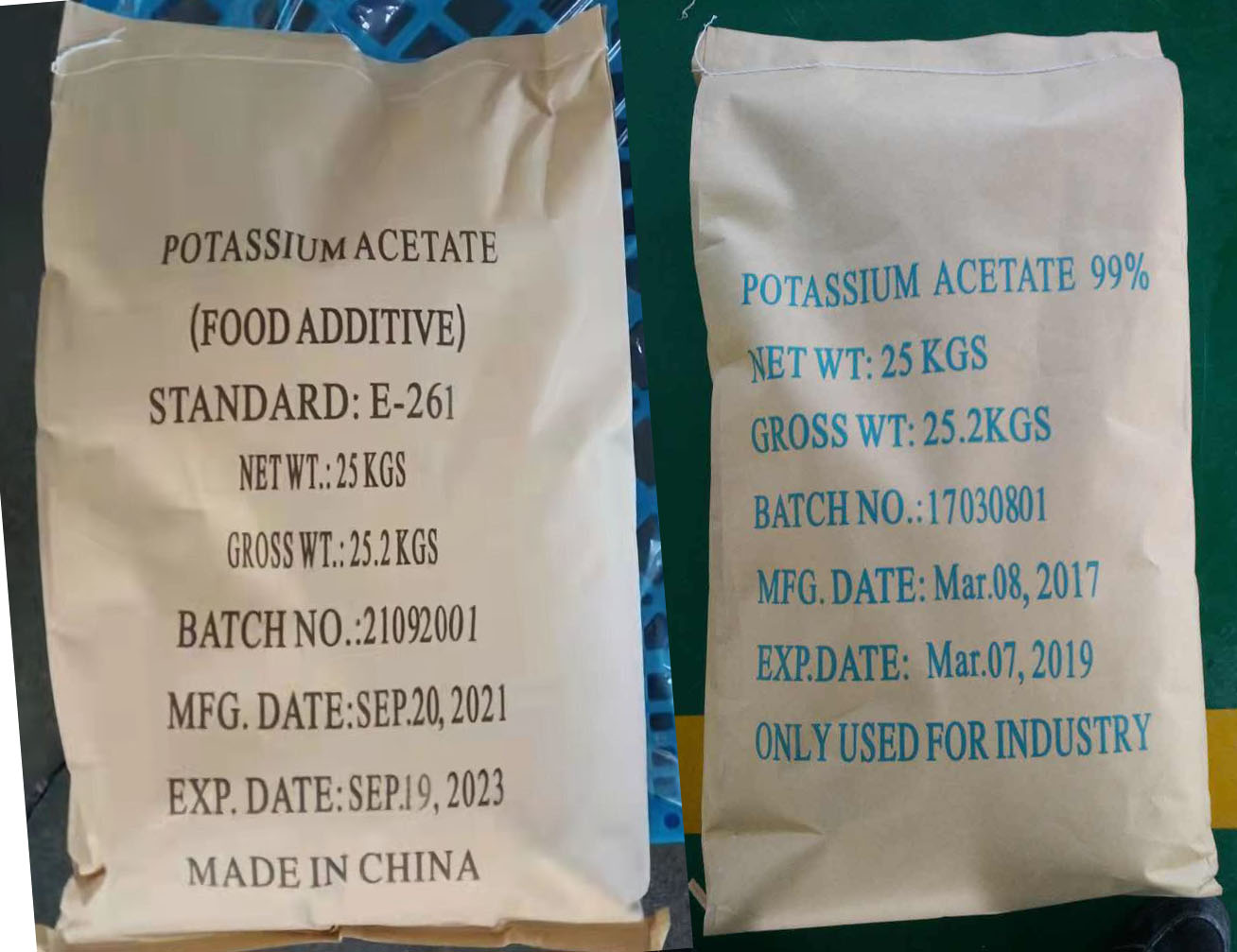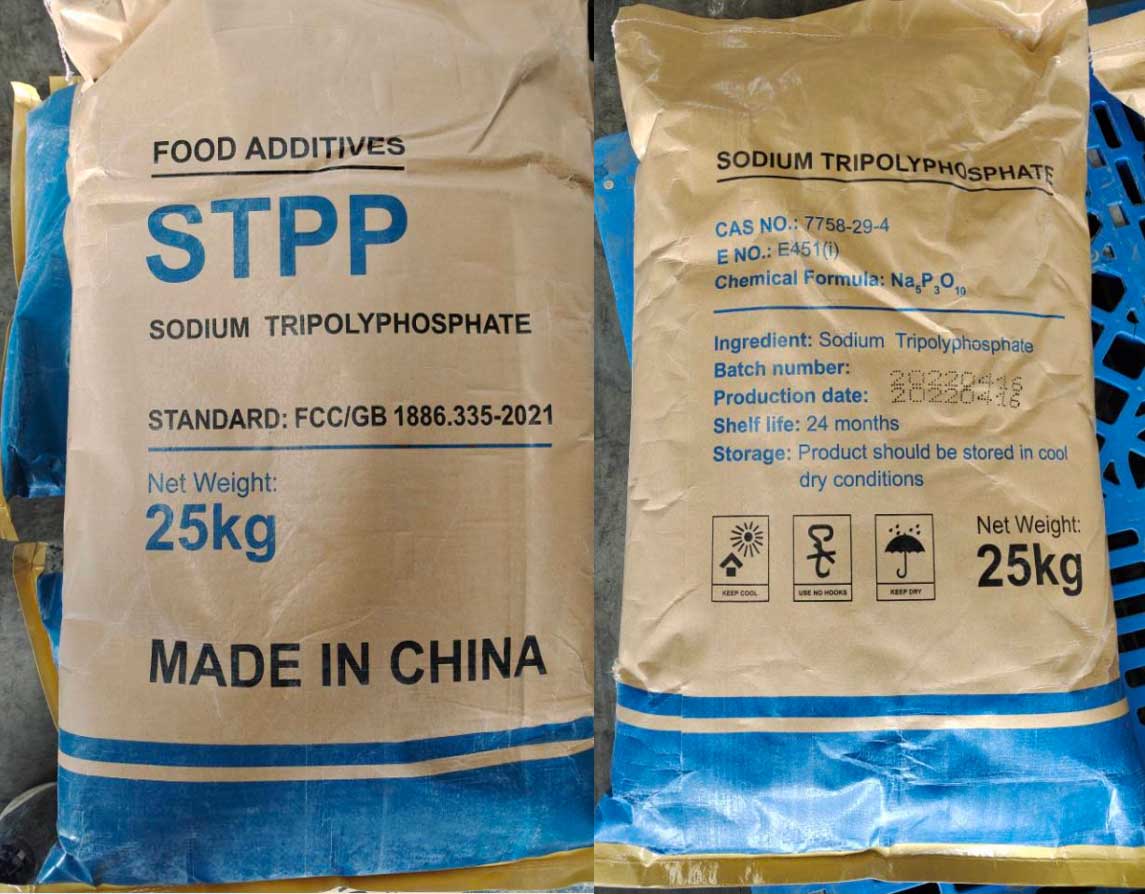Article Content
Potassium acetate, with the chemical formula CH3COOK, is a white, crystalline solid that has found widespread use in various industries, particularly in the food and pharmaceutical sectors. Its unique properties make it an essential ingredient in a wide range of applications, from food preservation to de-icing agents. This article will delve into the multifaceted roles of potassium acetate, focusing on its significance in the food industry, its safety, and its broader applications.
Chemical Properties and Structure
Potassium acetate is a salt formed by the reaction of acetic acid (CH3COOH) and potassium hydroxide (KOH). It is highly soluble in water, which makes it easy to incorporate into various formulations. The compound has a molecular weight of 98.15 g/mol and is known for its low toxicity and high stability. These properties contribute to its versatility and safety in different applications.
Food Industry Applications
In the food industry, potassium acetate serves several critical functions. One of its primary uses is as a preservative, where it helps to inhibit the growth of bacteria and fungi. This property is particularly useful in processed meats, where it can extend the shelf life of products such as sausages and ham. Additionally, potassium acetate is used as a buffering agent, helping to maintain the pH of food products. This is important in ensuring the stability and quality of products over time.
Another significant application of potassium acetate is in the production of vinegar. It is often used as a source of potassium ions, which are essential for the fermentation process. The compound also plays a role in flavor enhancement, adding a slight salty taste to foods without the sodium content, making it a preferred choice for individuals on low-sodium diets.
Safety and Regulatory Considerations
The safety of potassium acetate in food applications is well-documented. It is generally recognized as safe (GRAS) by the U.S. Food and Drug Administration (FDA) and has been approved for use in a variety of food products. The European Food Safety Authority (EFSA) has also conducted extensive studies and concluded that potassium acetate is safe for human consumption when used within recommended levels.
However, like any food additive, it is important to use potassium acetate in moderation. Excessive consumption can lead to potential health issues, such as electrolyte imbalances. Therefore, manufacturers must adhere to regulatory guidelines and ensure that the levels of potassium acetate in their products are within safe limits.
Pharmaceutical and Medical Uses
Beyond the food industry, potassium acetate has significant applications in the pharmaceutical and medical fields. In the pharmaceutical sector, it is used as a buffering agent in medications and as a component in intravenous solutions. The compound helps to maintain the pH balance of these solutions, ensuring that they remain stable and effective.
In medical settings, potassium acetate is used as a source of potassium for patients who require supplementation. It is particularly useful in cases where patients have low potassium levels due to conditions such as chronic kidney disease or prolonged vomiting and diarrhea. The compound is administered orally or intravenously, depending on the patient's needs.
De-Icing and Industrial Applications
Potassium acetate is also widely used as a de-icing agent, particularly in airports and on roadways. Unlike traditional de-icers such as rock salt, potassium acetate is less corrosive and more environmentally friendly. It is effective at lower temperatures and does not leave a residue that can damage concrete or metal surfaces. This makes it a preferred choice for maintaining the integrity of infrastructure while ensuring safe travel conditions during winter months.
In industrial settings, potassium acetate is used as a catalyst in the production of certain chemicals and as a reagent in various reactions. Its ability to act as a buffer and its solubility in water make it a valuable component in many industrial processes.
Environmental Impact
One of the key advantages of potassium acetate is its relatively low environmental impact. When used as a de-icer, it is less harmful to plant and animal life compared to other de-icing agents. It is also biodegradable, meaning it breaks down naturally in the environment without causing long-term harm. This makes it a more sustainable choice for both industrial and consumer applications.
Conclusion
Potassium acetate is a versatile compound with a wide range of applications across multiple industries. Its use in the food industry as a preservative, buffering agent, and flavor enhancer highlights its importance in ensuring the safety and quality of food products. In the pharmaceutical and medical fields, it plays a crucial role in maintaining the pH balance of medications and providing essential potassium supplementation. Additionally, its effectiveness as a de-icing agent and its low environmental impact make it a valuable resource in various industrial and environmental contexts. As research continues, the potential uses of potassium acetate are likely to




